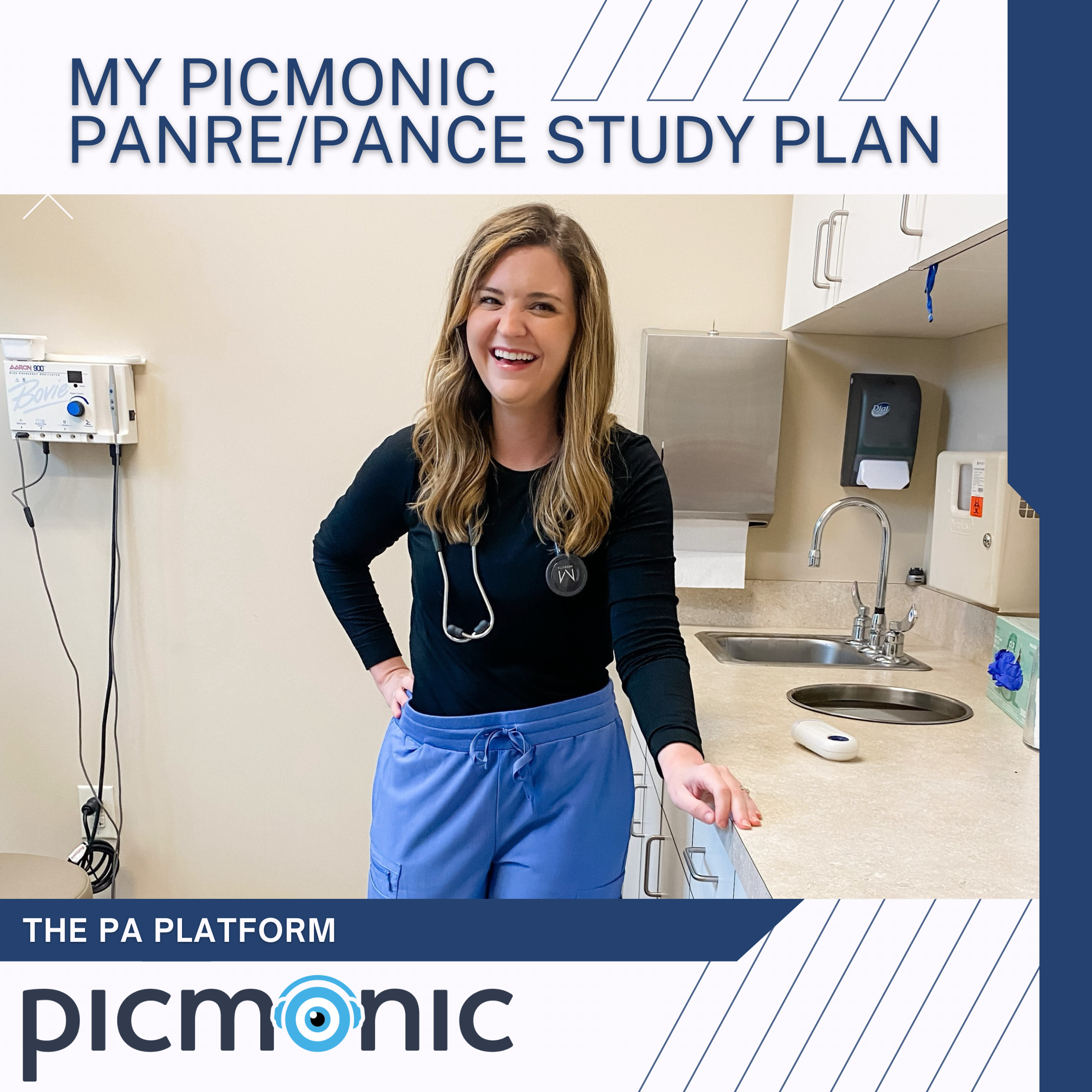How do PAs specialize? While the physician assistant profession was designed to fill a need for primary care, there are many PAs who work in various specialties. A question that comes up a lot is how education works for PAs who choose to go into a specific area of medicine. Here's your answer:
Do PAs specialize during school?
Nope! PA school has specific subjects that are covered by all programs to provide a generalized education for a career in primary care. Even a program that is "surgery" focused will still cover those main areas that are required by the ARC-PA. There isn't required additional training to enter a speciality, although there post-graduate training programs for PAs available for extra education in certain specialties. The most common are ER, ICU, surgery, and psych.
What can I do during school if I want to work in a certain specialty?
Use your electives to get some experience and make connections. Networking is such an important part of finding a job. During rotations, I started off thinking I needed to tell all of my preceptors I wanted to do their specialty (even if I knew I didn't) to try to get job offers. It didn't work. Once I started sharing my interest for surgery and dermatology, I actually got calls about job openings in the area and my preceptors were essential in landing my first job.
Can PAs change specialties?
Yes! That's one of the benefits of the career. While PAs don't switch around as much as one might expect after they find their niche, it's reassuring to know it's an option. Before we get into that, here are some of my favorite specialty PA accounts:
@busybeingbridget - Plastic Surgery
@sammiesupageek - Surgery
@rectalrockstar - Anorectal Health
@itsgabythepa - Family Medicine
@strivewithkristin - Critical Care
@jamienicole_pa - ER
@thewholepa_ckage - Pain Management
Now let’s talk about changing specialties and working in multiple specialties — PAs can do it all!
One of the benefits of the PA profession is being trained as a generalist with the option of working in more specialized areas. A very non-exhaustive list includes dermatology (me), surgical positions (orthopedics, trauma, plastics, bariatric), endocrinology (my back up), OB/GYN, pediatric specialties, and even opthalmology. There are SO many options, and I think one of the coolest things about our profession is that even though we are all "PAs" the actual job description can look so different even if in the same specialty.
If a PA in one area, say dermatology, were to decide to change specialties or need to based on life circumstances, there isn't anything "official" that has to happen. It's as simple as getting a job in the new area, completing the necessary training, and likely brushing up on that section of PA school and learning more in-depth information. That's why having a supportive collaborating physician is so important! It took a good 6 months for me to feel somewhat comfortable in dermatology, and being 7 years out, there are still conditions I've never actually seen in practice or cases that surprise me. To make the switch to a new specialty at this point would take a lot of work, but I appreciate that the option is there.
As far as working in multiple specialties at the same time, it is possible, but probably not as common as you'd think. As you may already know, working in medicine can be exhausting, so trying to juggle multiple jobs and areas could be tough, but I know some PAs who do it well. One thing to remember about going into a specialty area is that the PANRE (recertification test PAs take every 10 years) is general and you'll be tested on all of the information from PA school again in the future, so that's a good reason to try to stay up to date with everything at least a little bit. I would love to hear more about the specialty you hope to work in or any experience you've had as a PA in different specialties! Let me know in the comments who your favorite PA is and what area they are in so others can find more PAs to follow along with.










